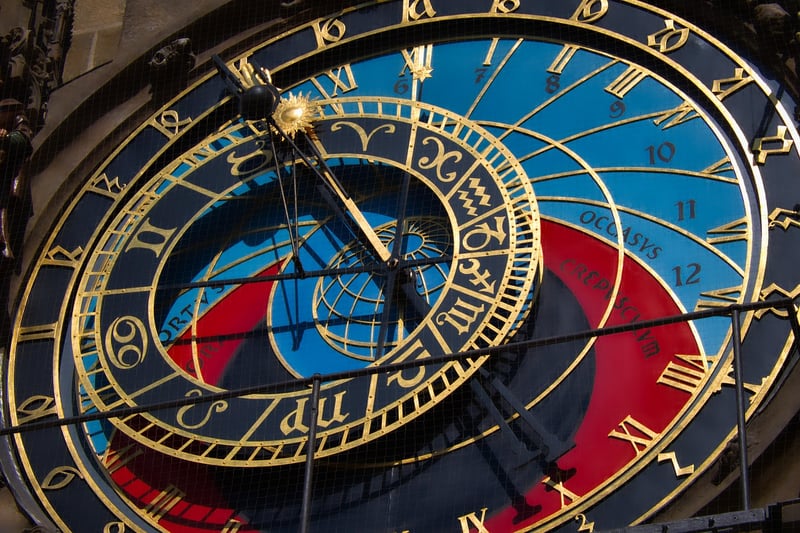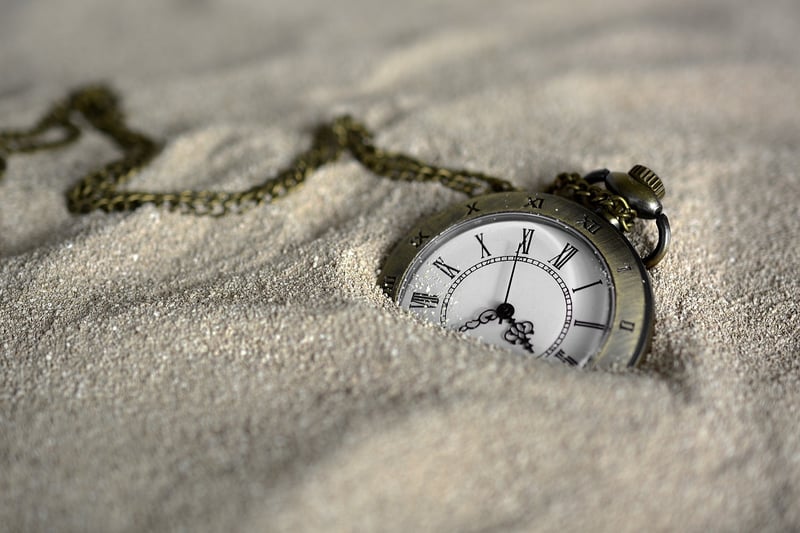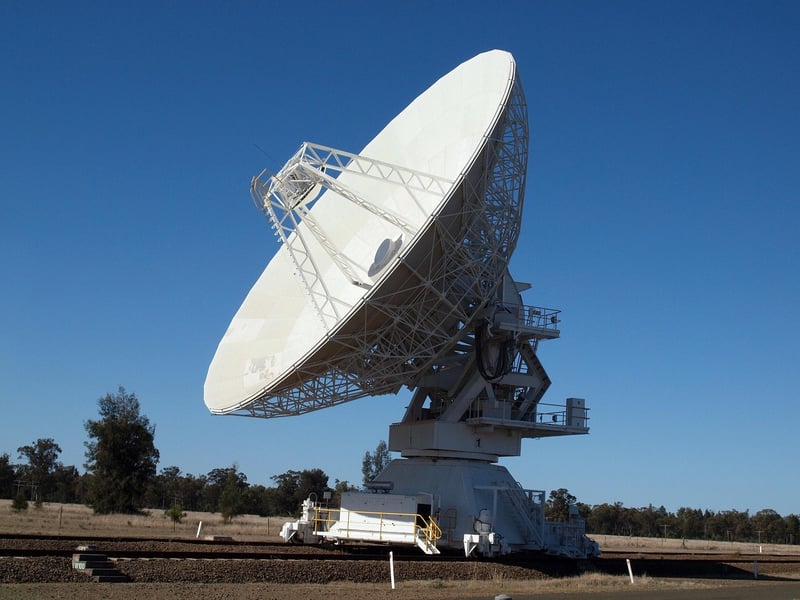Future Exploration
Exploring Time Periods and Future Exploration
Introduction
Time has been a fascinating subject for humans throughout history. From ancient civilizations marking the passage of days to modern scientific exploration of the universe, the concept of time has played a crucial role in shaping our understanding of the world around us. Let's delve into different time periods and how they have influenced future exploration.
Ancient Timekeeping
Ancient civilizations such as the Egyptians, Babylonians, and Greeks developed various methods to measure time. The invention of sundials, water clocks, and candle clocks revolutionized how people organized their daily activities and tracked celestial events.

Medieval and Renaissance Period
In the medieval and Renaissance periods, mechanical clocks became more prevalent, leading to standardized timekeeping across Europe. This era also saw significant advancements in astronomy, with scientists like Copernicus and Galileo revolutionizing our understanding of the cosmos.

Industrial Revolution
The Industrial Revolution brought about precise timekeeping devices like the pocket watch and the development of global time zones. The need for accurate time measurements spurred innovations in transportation, communication, and scientific research.

Modern Times and Space Exploration
In the modern era, atomic clocks and GPS technology have revolutionized timekeeping accuracy. The exploration of space and the search for exoplanets have expanded our understanding of the universe and the concept of time in extreme environments.

Future Exploration
As we look to the future, advancements in quantum computing and theoretical physics may challenge our current perceptions of time. Concepts like time travel and alternate realities continue to capture the imagination of scientists and science fiction enthusiasts alike.
Exploring time periods and future possibilities not only sheds light on our past and present but also opens up a world of endless possibilities for the future of exploration.
Join us on this journey as we continue to unravel the mysteries of time and space!
